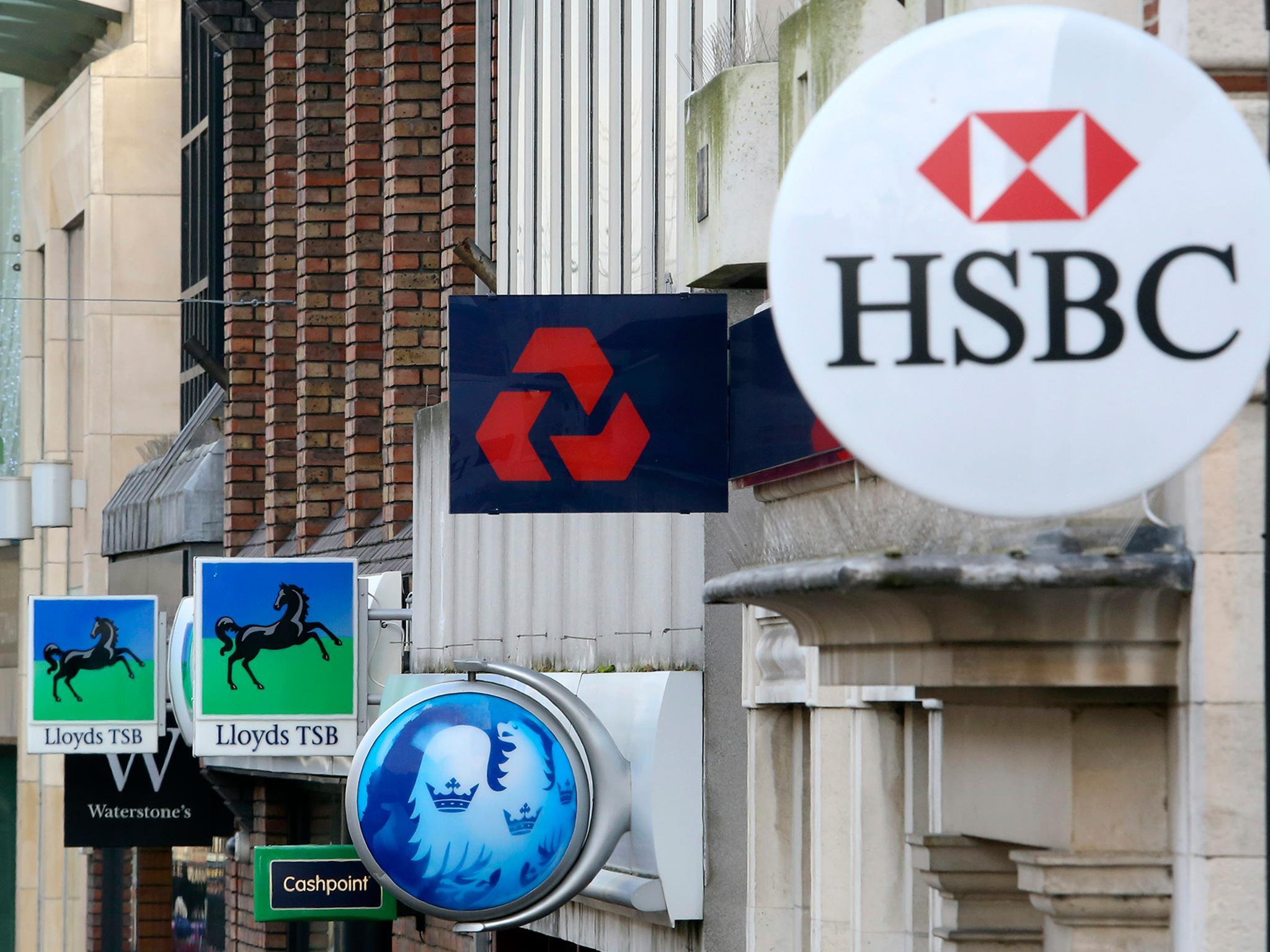Blame bank closures on smartphones not Brexit
Lloyds’ plan to close another 200 branches is just the latest chapter in the decline of face-to-face banking, but there are concerns for what this means for the most marginalised in society

At the same time that the banking group announced a 101 per cent increase in pre-tax profits this week, Lloyds Banking Group called time on yet another swathe of branches and the loss of 3,000 jobs by 2017 – doubling the number of its high street facilities already earmarked for closure as part of cost-cutting measures announced in 2014.
But this isn’t evidence of the banking sector’s knee-jerk reaction to Brexit – it’s part of a story that has seen the number of branches run by major banking groups drop from more than 20,500 in 1988 to fewer than 9,000 by 2012 and still plummeting.
Those giddy heights of face-to-face banking came at a time when a quarter of UK adults were paid in cash and 4 billion payments made by cheque. It’s a paper-heavy approach that seems entirely alien to most of the working population now.
Add in the revolution in the way banking customers interact with their provider – utterly transformed by the rise of the internet and mobile banking services – and its little wonder that HSBC, for example, recently reported a 40 per cent drop in branch footfall in the last 5 years.
Finally, the number of mergers brought about by the financial crisis of 2008-2009 meant we suddenly had several outposts of the same banking group within yards of each other all over the country.
“Job losses are never positive news, but the announcement from Lloyds is part of an ongoing shift in bank customer behaviour,” says Laith Khalaf, senior analyst at Hargreaves Lansdown. “Technological innovation is changing the face of many industries, from high street retail to oil production, and banking is not immune to the shifting sands. The wider risk of this continuing trend is that those customers who aren’t part of the digital revolution get left behind by it.”
It’s a real issue that consumer groups, disability and age-related charities concerned about the already marginalised in our society rightly make a lot of noise about.
But for those of us lucky enough to have wi-fi, smartphones, banking apps, or at least the ability to make a phone call, perhaps it doesn’t pay to be overly nostalgic about an expensive, increasingly redundant aspect of banking at a time when the threat of paid-for accounts is already looming.
Join our commenting forum
Join thought-provoking conversations, follow other Independent readers and see their replies
Comments
Bookmark popover
Removed from bookmarks